I was in a conversation with an engineer recently.
We were talking about his reluctance to dive into technical consulting, and he said, I finally realized what my hesitation centers around–I need to make sure I’m asking the right question. Rather than asking, “What can I do for you?” which was my first thought, I need to be asking, “What can I provide you?”
The difference is subtle, but you know I’m all about the subtleties of language. And he had a clear point.
The subtle difference between “What can I do for you?” and “What can I provide you?”
Asking, “what can I do for you” leaves room for the person you’re helping to define their needs. In this engineer’s case, the people he’ll be helping won’t necessarily know what they need. They know the problem–to an extent–and they know something needs to be fixed. They don’t necessarily know how; that’s the engineer’s job. Asking “what can I do for you” implies that the value of the service is the doing itself. This approach won’t lead to the desired results in many consulting scenarios.
Asking “what can I provide you” on the other hand, opens a conversation around problem-solving collaboratively. It also offers a clear distinction between perpetual doing and providing a tangible deliverable solving a business need–something that is the result of strategic architecture and execution.
The question may not be right for every type of consulting work, but for designers, tech consultants, and other creatives alike, the semantics of this can make a difference in your pitches and how you’re expressing your value. Not to mention, it helps set expectations and establish boundaries from the beginning.
Sometimes our biggest battle at business owners is articulating what we do in a way that feels comfortable to us; changing the questions you’re asking clients can help you share your value and increase your confidence in your services.
Want to make this inbox official?
It’ll be like talking to your BFF about personal growth, wellbeing, and creatnig meaningful relationships across all areas of life. Drop your name & email below. With so much gratitude, Alyssa



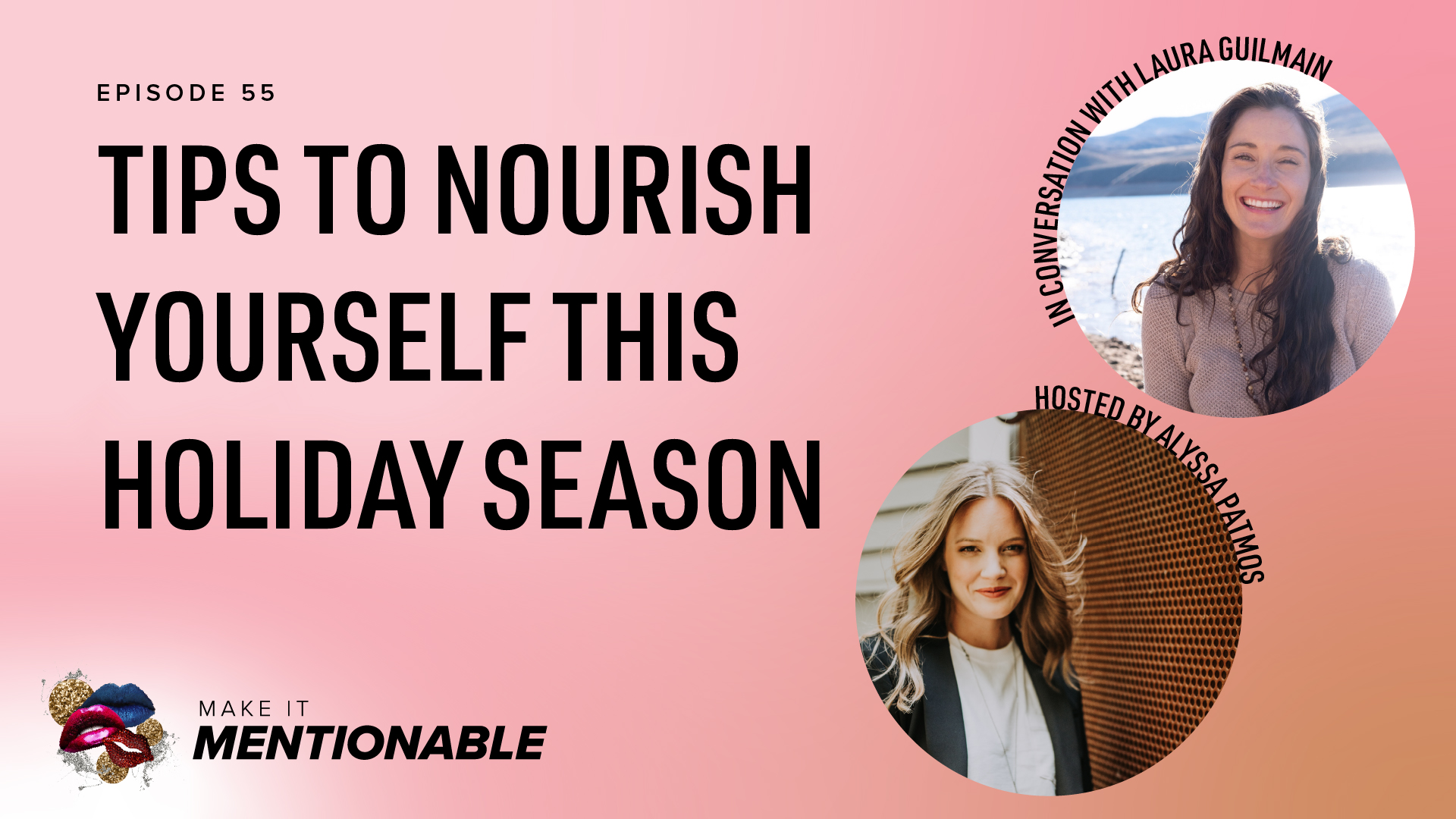
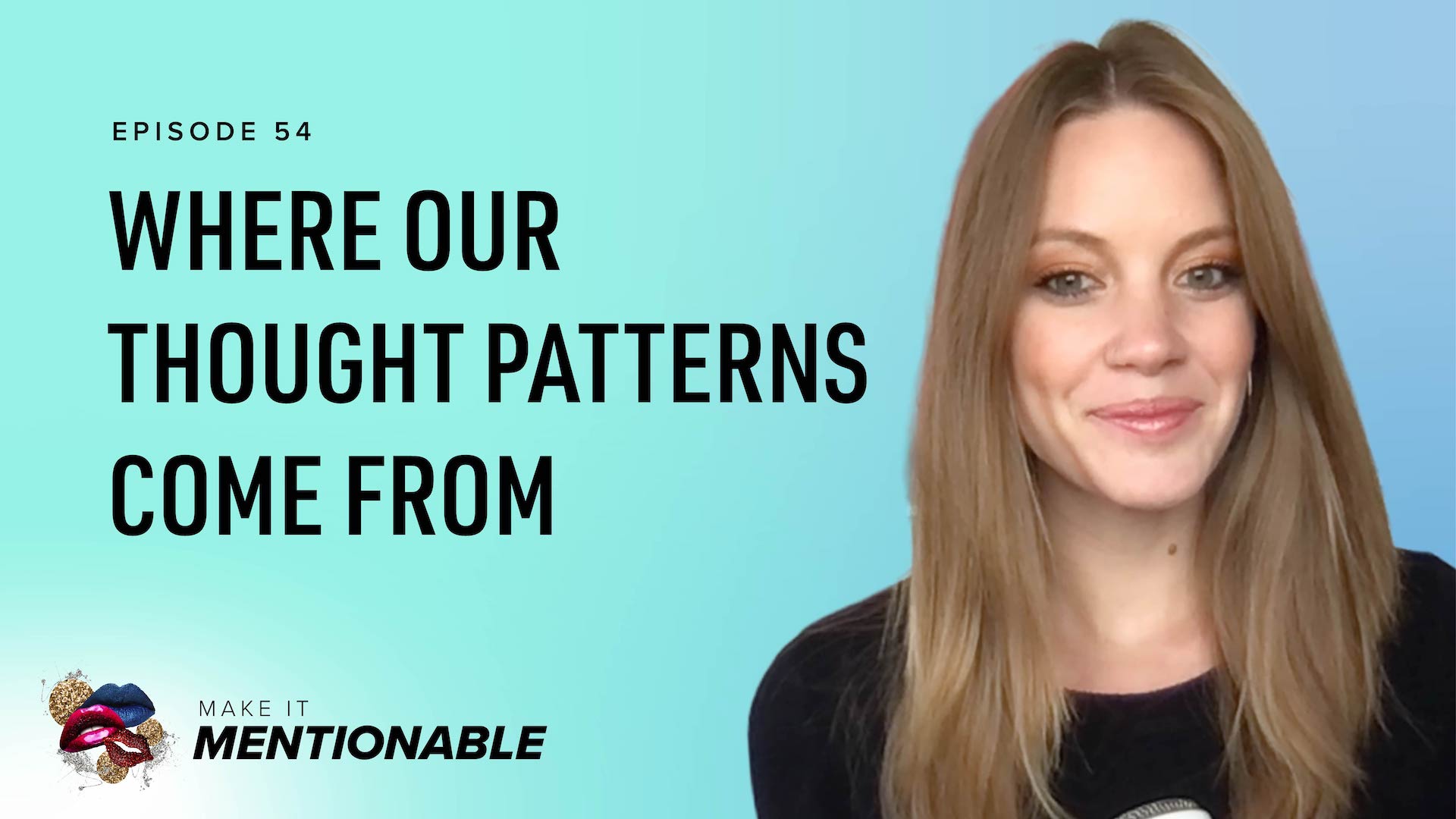
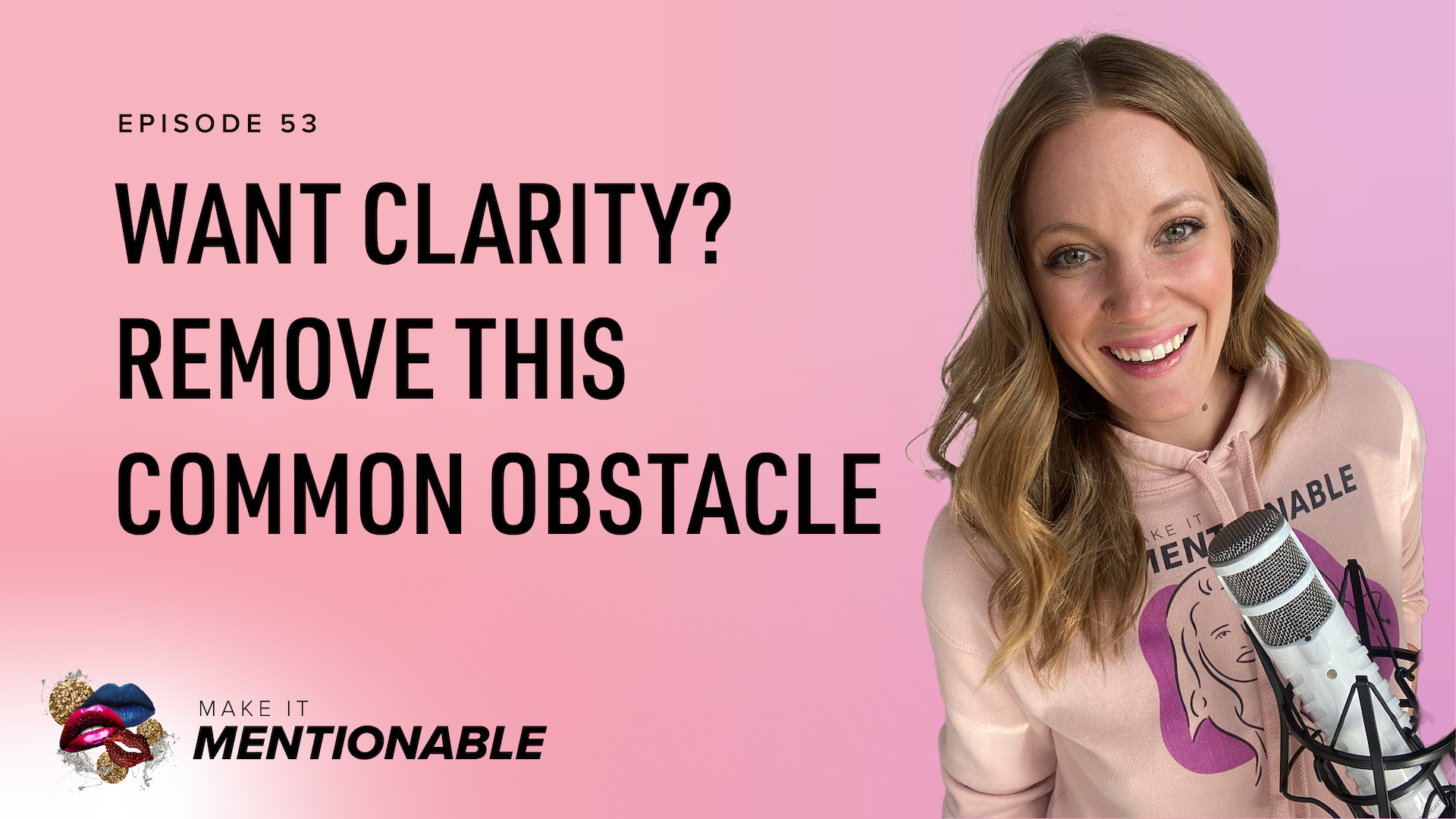
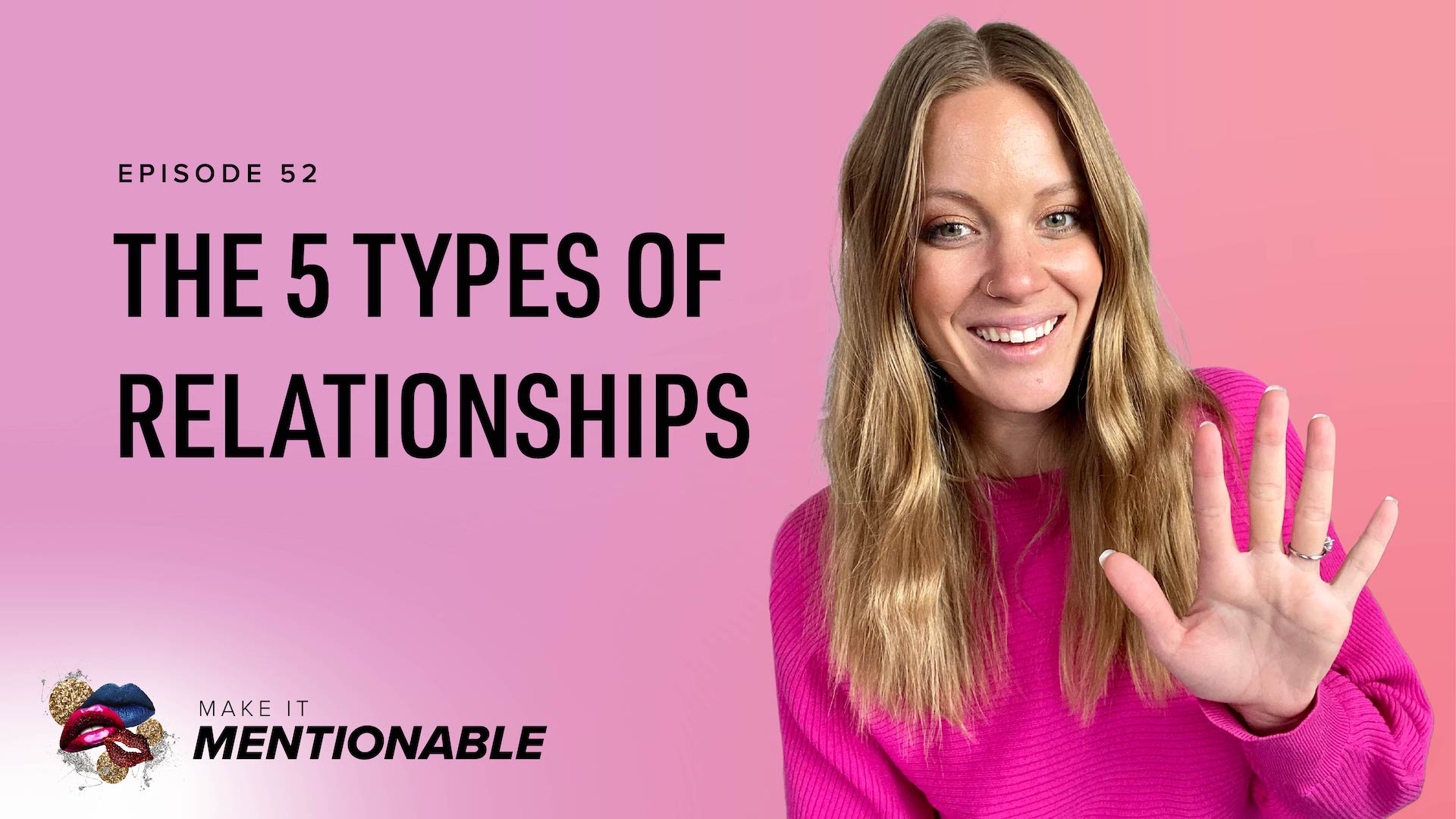
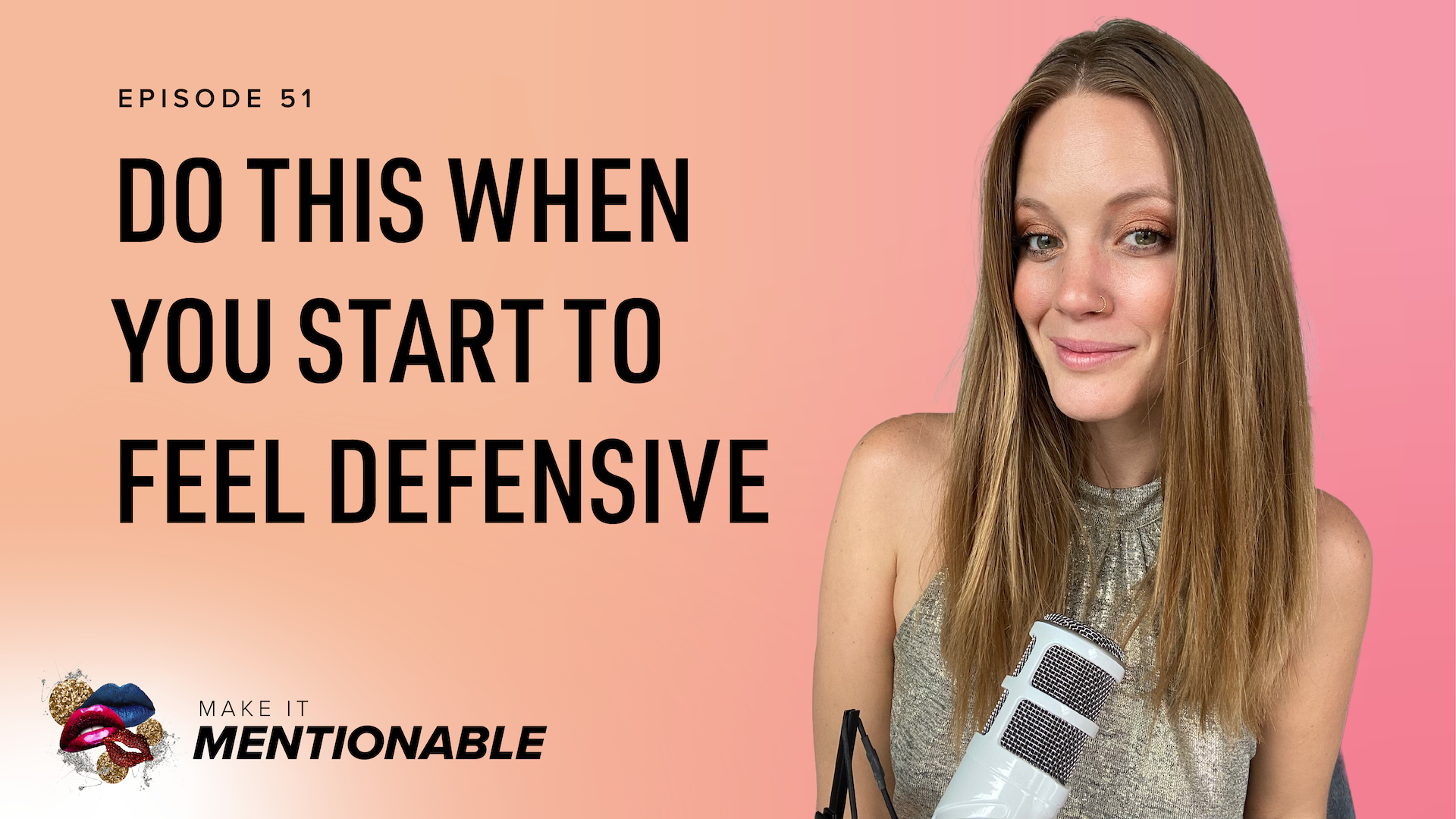


1 thought on “Are you asking the right question?”
Umm, wow. This subtle difference could have prevented so many headaches. Wow.